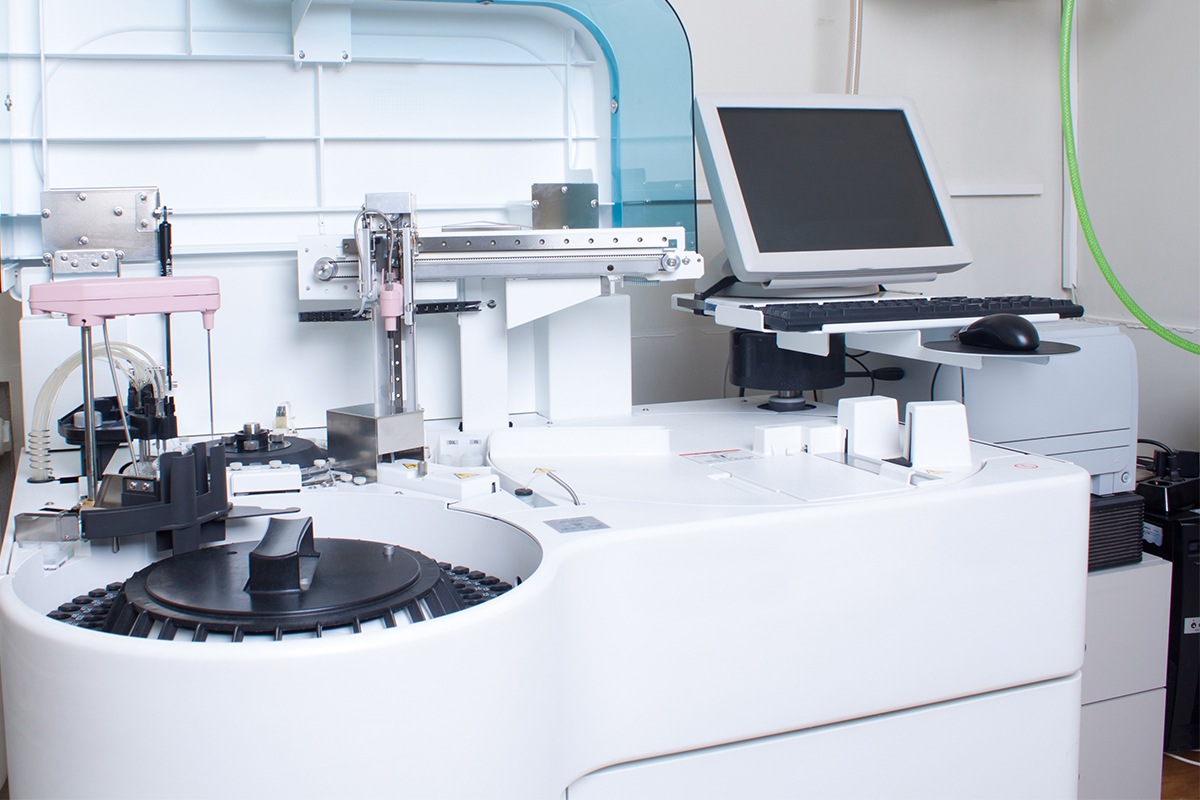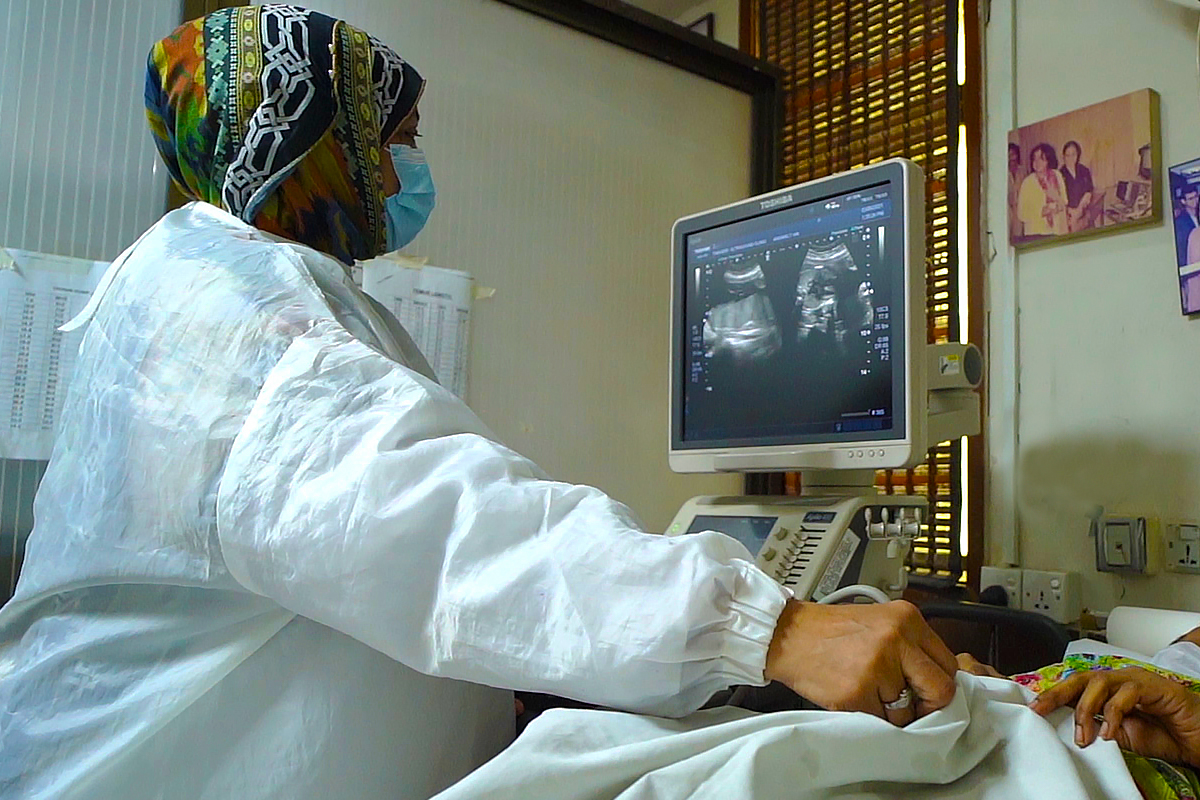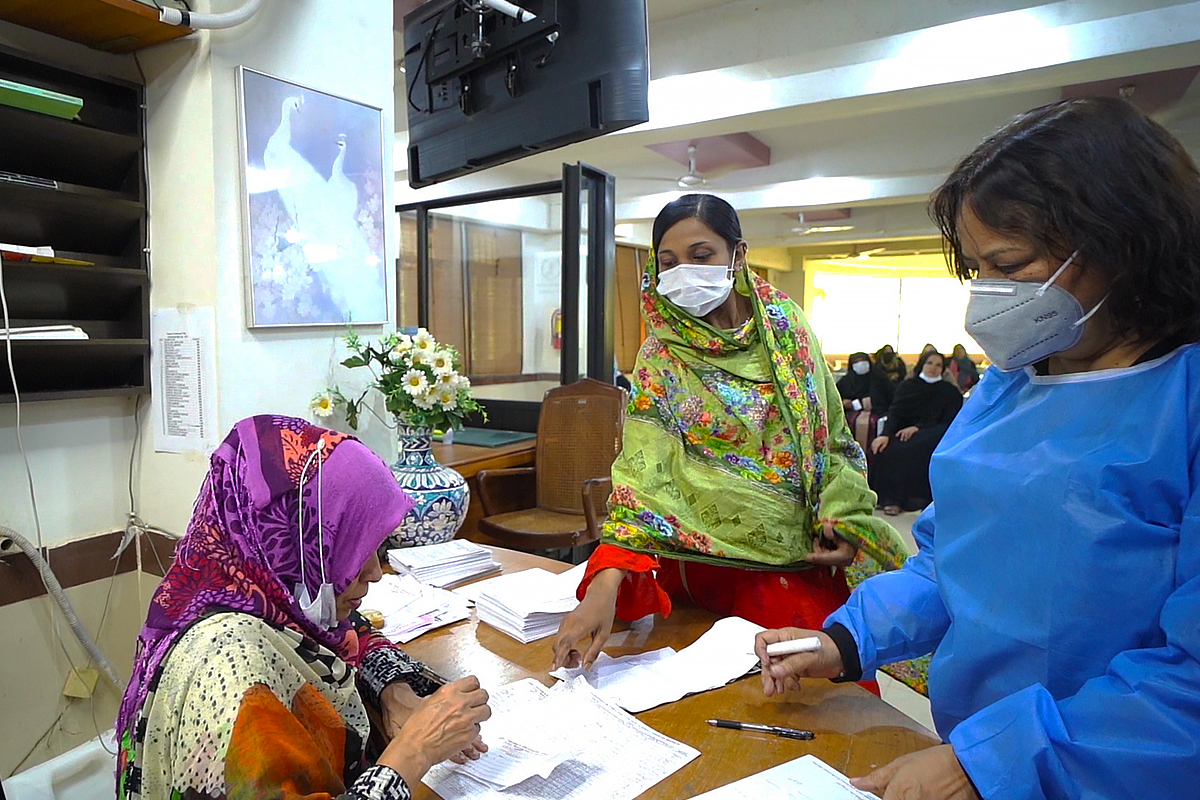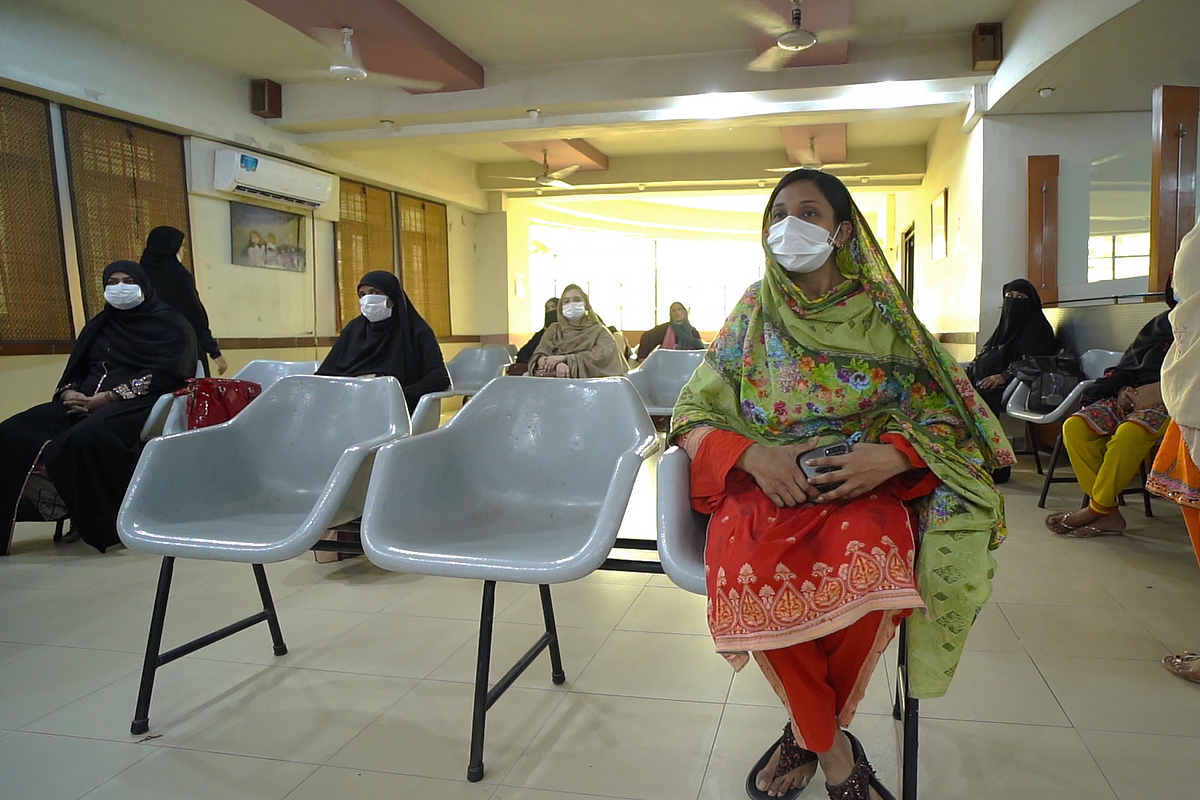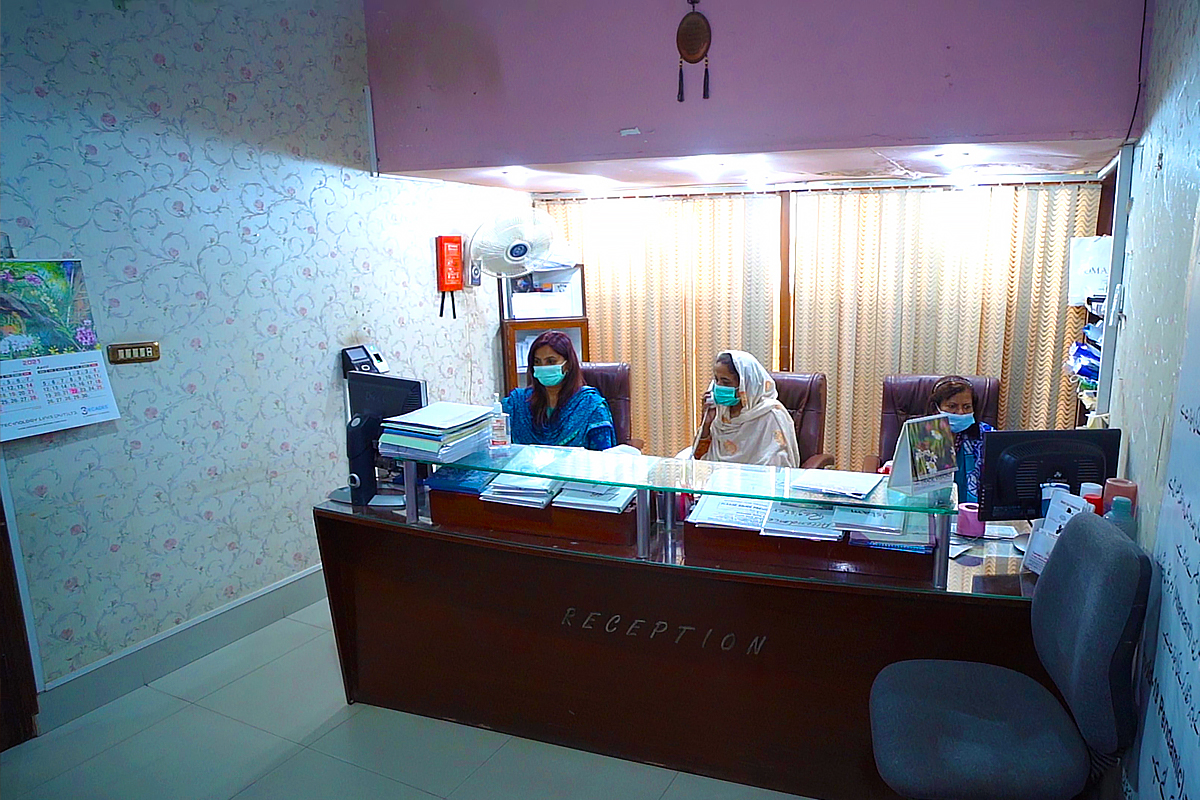Early detection is one of the most effective ways to combat breast cancer, and mammograms play a critical role in this process. However, many women are unsure about when to begin regular screenings and how often they should schedule them. While medical guidelines offer general recommendations, the right age and frequency can vary depending on individual risk factors like family history and personal health.
Understanding the Importance of Mammograms
Mammograms play a vital role in detecting breast cancer at an early stage, when treatment is most effective. Early detection greatly improves survival rates and leads to better treatment outcomes. As women age, regular mammograms are recommended as an essential part of preventive healthcare.
General Guidelines for When to Start Mammograms
Ages 35-40: Women can begin annual mammograms if they choose to. It’s a personal decision to opt for early detection.
Ages 45-54: Annual mammograms are recommended for all women.
Ages 55+: Women can switch to mammograms every two years, or continue yearly screenings based on personal preference and medical advice.
Factors That May Influence When to Begin Screening
Family history of breast cancer: Women with close relatives who’ve had breast cancer should consider starting mammograms earlier.
Personal health history: Previous cancers or radiation treatments to the chest may influence the timing and frequency of mammograms.
Always consult your doctor to create a screening plan tailored to your specific risk factors.
What to Expect During a Mammogram
Mammograms are quick, typically taking about 20 minutes.
- The process involves compressing the breast between two plates to capture clear images.
- You may feel slight discomfort, but it only lasts a few seconds per image.
- The results help detect changes or abnormalities early, allowing for prompt treatment if necessary.
Don’t wait to prioritize your breast health. If you’re due for a mammogram or have questions about the process, reach out to Tanveer Ultrasound Clinic today. Our team is here to support you in taking proactive steps toward your health and well-being.











